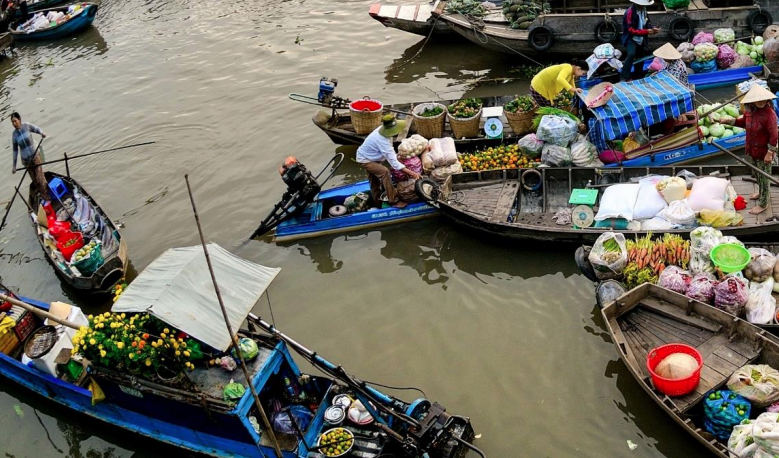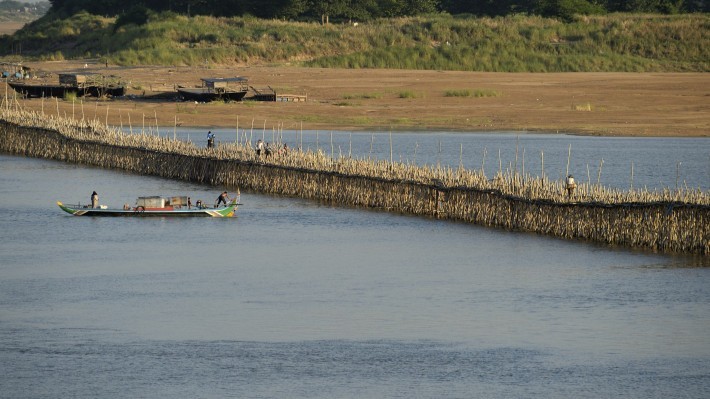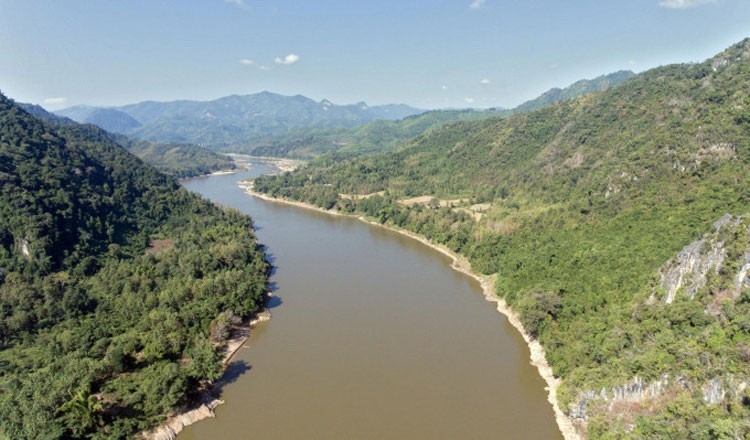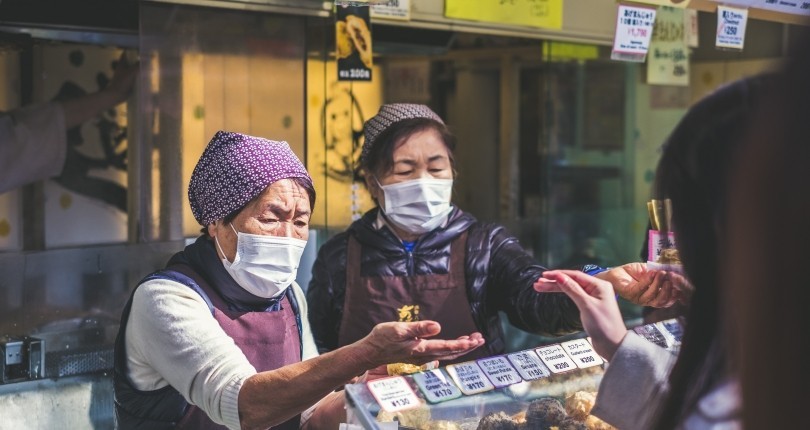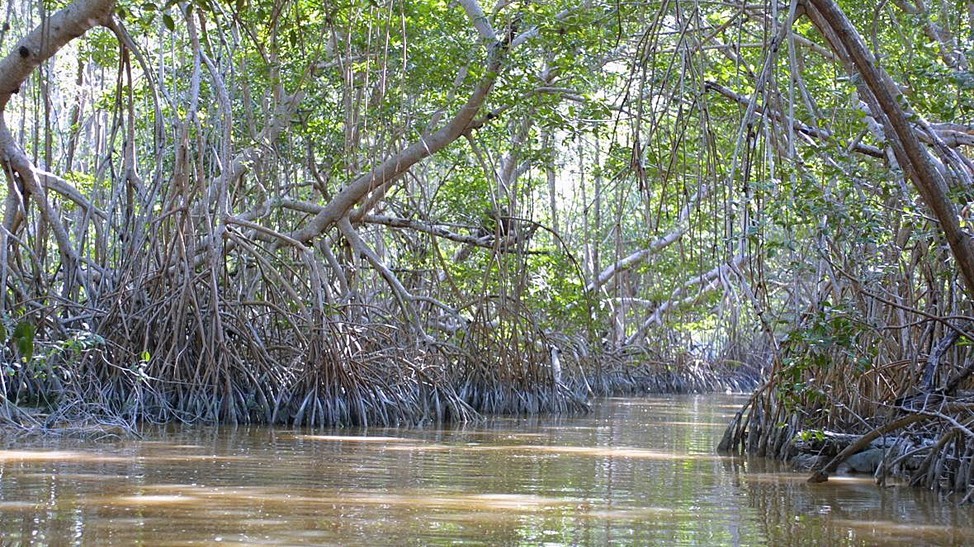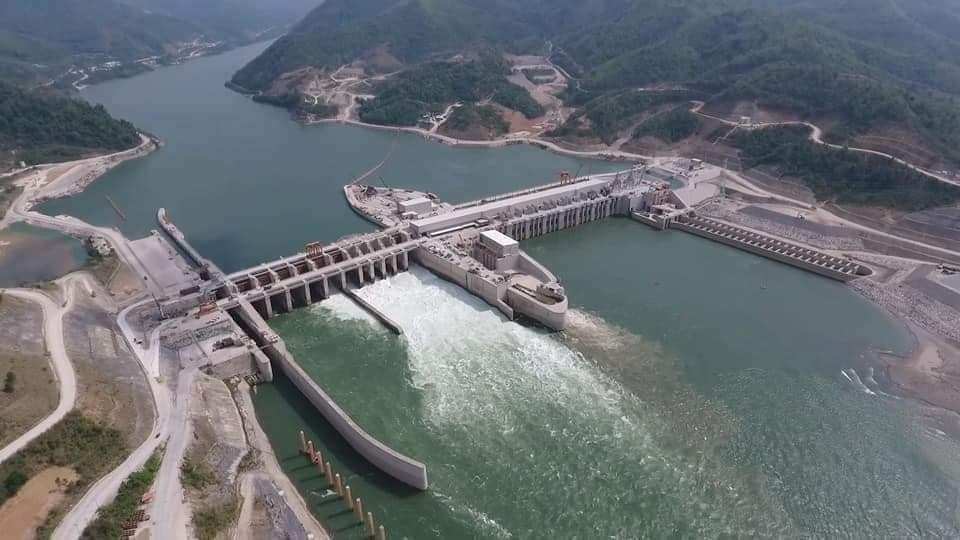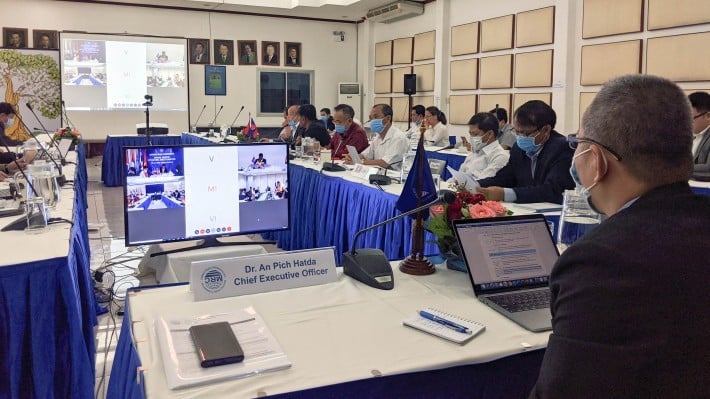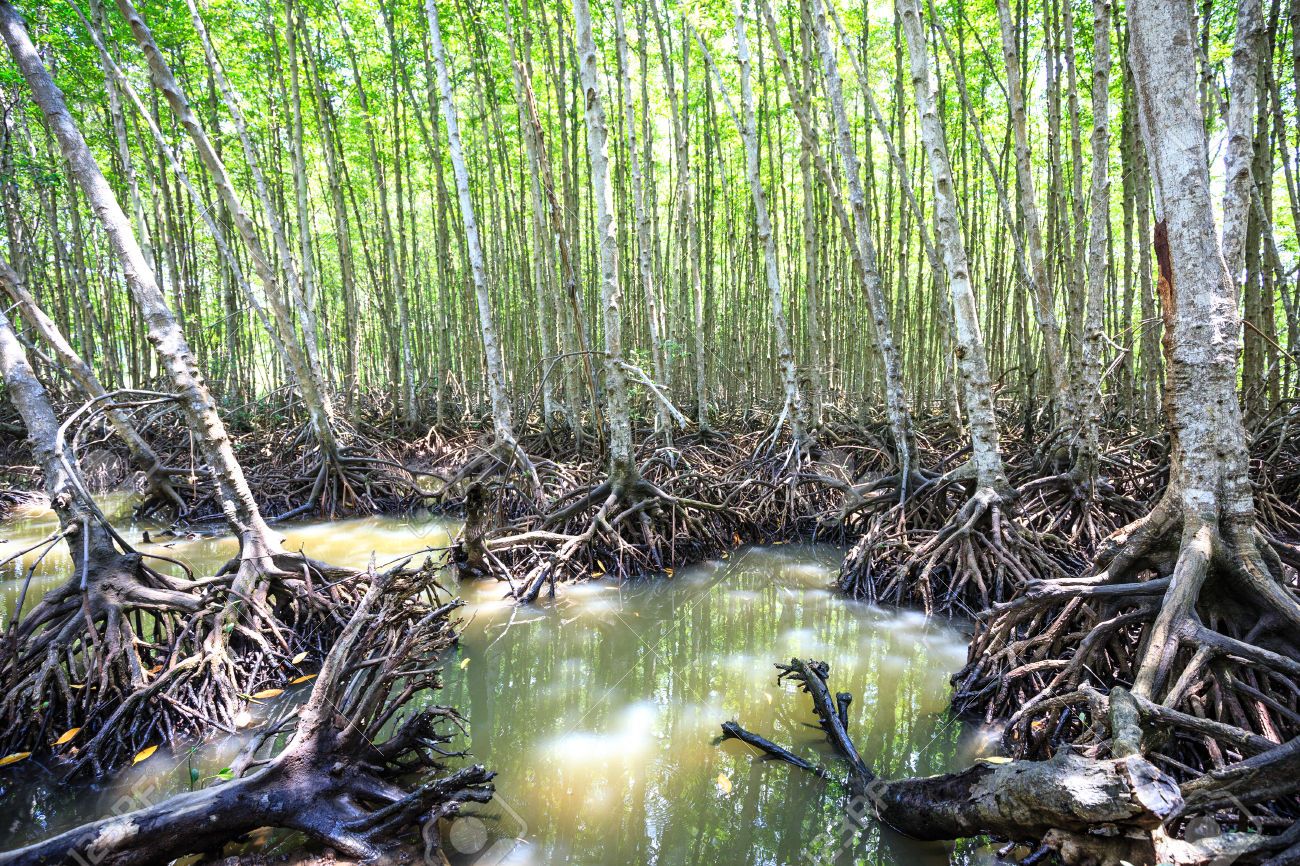Extreme low flows, extensive flooding of different communities, increasing number of droughts–among signs that the Mekong region is facing increasing risk from extreme weather events says new report.
Category: Mekong
New strategy to address Mekong wide challenges near finishing line
A draft Mekong basin development strategy to respond to critical environmental and social pressures from ongoing and planned developments and climate change gets greenlight from MRC.
FAO sees Mekong as biggest source of global inland fish catch
In its latest report on inland fisheries, FAO has ranked the Mekong Basin as the world’s most important hydrologic region or river basin for freshwater fish catches.
Survey backs calls to end illegal wildlife markets
However, people surveyed were divided on trust issues. Less than 45% trusted governments to follow through on what they regard as a very important issue.
Grant calls now open: COVID-19 and water insecurity research in the Mekong Region
SUMERNET announces 2 calls for 2020: rapid response and COVID-19 emerging research.
For forest communities without a legal footing, new guideline is a starting template
Legal toolkit modeled after community forests in Nepal, the Philippines and Tanzania, where researchers analyzed local laws and worked with local authorities and experts.
China can be sued for choking Mekong
Beijing’s actions breach the UN Convention on the Law of the Non-Navigational Uses of International Watercourses.
Sanakham prior consultation delayed by MRC
More. time needed for the Member Countries to discuss and agree on recommended measures to avoid, minimise and mitigate potential cross-border adverse impacts from the project.”
Thai NGOs Urge Government Not to Buy Power from Sanakham Dam in Laos
A dam planned for construction by Laos on the Mekong river will have negative impacts not only on Lao villages but also in nearby Thailand, a coalition of Thai environmental groups say.
Thresholds of mangrove survival under rapid sea level rise
Very likely mangroves were unable to initiate sustained accretion when RSLR rates exceeded 6.1 mm per year– likely to be surpassed on tropical coastlines within 30 years under high-emissions scenarios.


